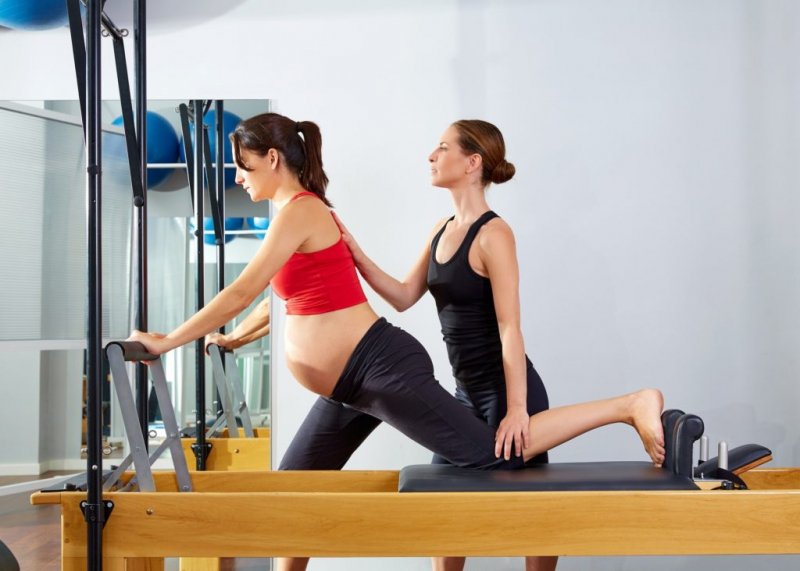Can pregnant women do Pilates?
Pilates is a low-impact exercise that improves flexibility, strength, and muscle tone, and it's safe to do while pregnant. Pilates can assist with labor and delivery because it focuses on the core. It can improve posture, relieve backaches, and aid with labor and delivery because it focuses on the core. It will also improve your attitude and energy levels. If possible, enroll in a prenatal class. Otherwise, inform the teacher that you're expecting so she may assist you adapt or avoid any potentially dangerous maneuvers. Before beginning or continuing any fitness regimen while pregnant, you should always visit a prenatal healthcare expert.
When a human is growing, a lot happens biologically. Shortness of breath is caused by a rise in blood volume, heart rate, and cardiac output in the pregnant body. Pilates breathing not only soothes the nervous system, decreasing blood pressure, but it also helps build the stamina needed for labor and delivery's mental and emotional power. Pilates has been demonstrated to help with postpartum recovery and to reduce the number of cesarean births (also called C-sections or cesarean sections), delivery interventions, episiotomies, and preeclampsia. Prenatal Pilates promotes body awareness and prepares you for pushing by focusing on the abdominals, back, and pelvic floor. It has been demonstrated to help with sleep and reduce back discomfort. Additionally, engaged diaphragmatic breathing and breath synchrony with movement patterns are advantageous.
Pilates and exercise, however, are beneficial not only to mom, but also to baby. When a pregnant woman exercises properly during her pregnancy, her baby is less vulnerable to some diseases and gets a head start on brain development. Pilates has been found to offer several advantages during pregnancy, both for people who have been inactive in the past and for those who are regular exercisers.









